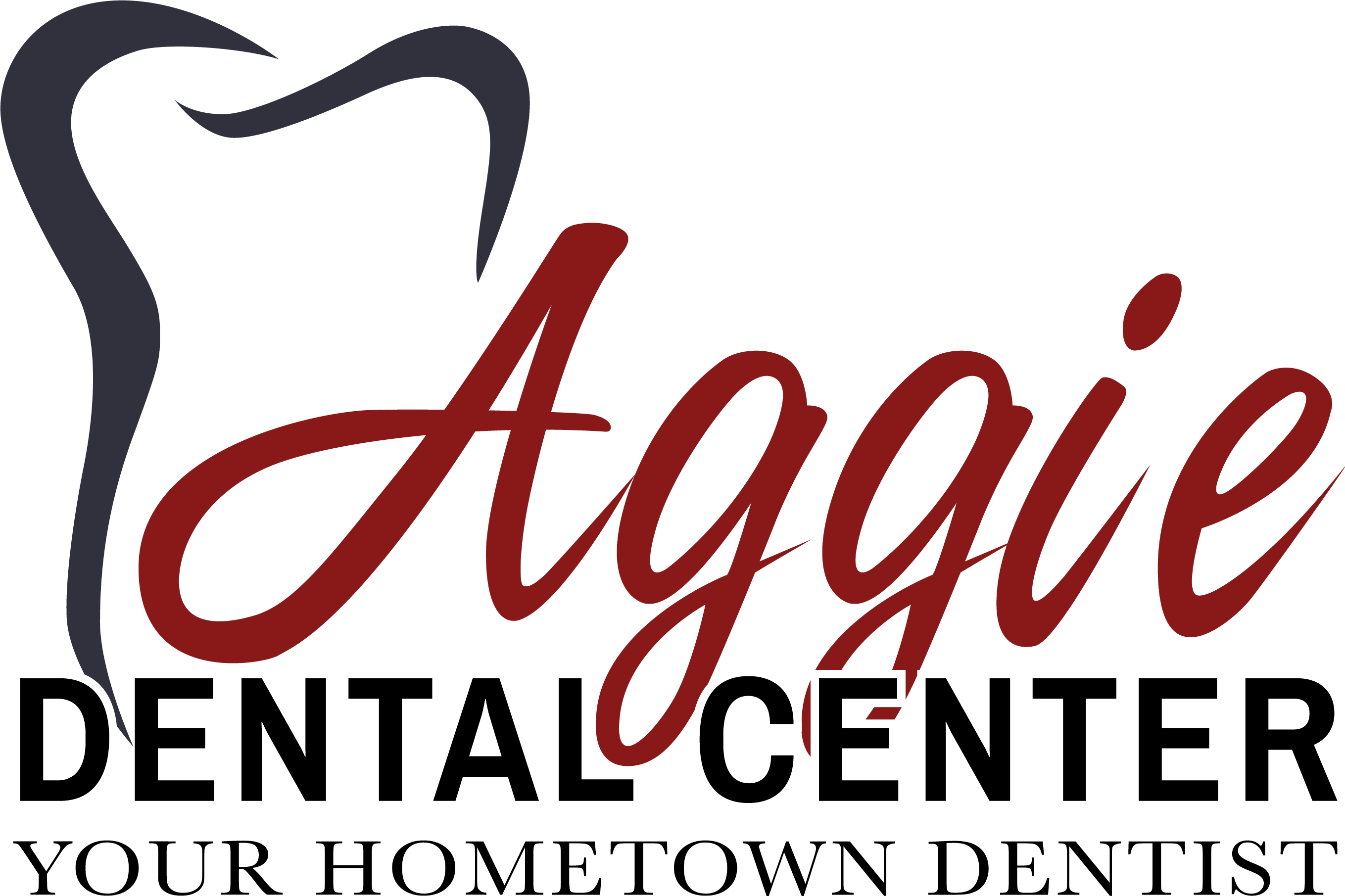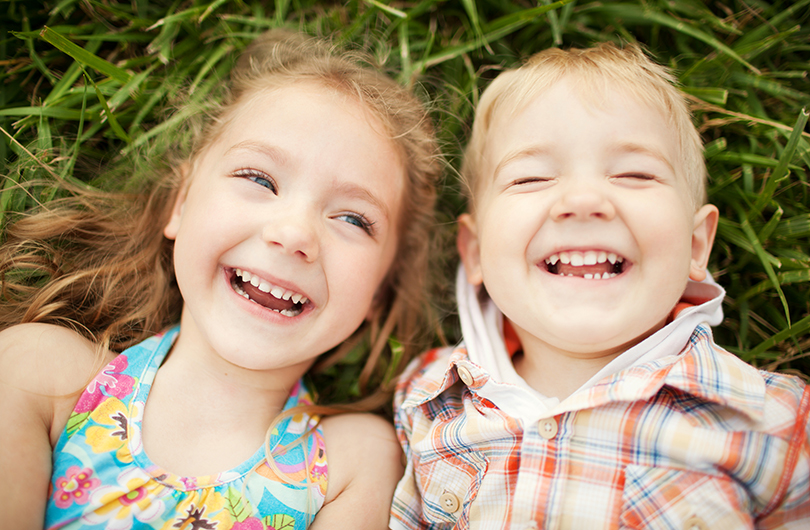Your child won’t keep his or her first teeth forever, but that doesn’t mean those tiny pearly whites don’t need conscientious care. Maintaining your child’s dental health now will provide health benefits well into adulthood, as primary (baby) teeth serve some extremely important functions. For one thing, primary teeth serve as guides for the eruption of permanent (adult) teeth, holding the space into which these new teeth will erupt. The crowns (tops) of the permanent teeth actually push against the roots of the baby teeth, causing them to resorb, or melt away. In this way, the adult teeth can take their proper place.
What’s more, your child’s primary teeth will be there for most of childhood helping your child to bite, chew and speak. For the first six or so years, he or she will be relying on primary teeth exclusively to perform these important functions. Until around age 12, your child will have a mix of primary and permanent teeth. You will want to make sure those teeth stay healthy and are lost naturally — when it’s time.
What to Expect During your Child’s First Dental Visit
We see children ages 7 and up. So when your child turns 7, go ahead and call us to schedule an appointment! But remember, learning proper pediatric oral hygiene techniques, checking for cavities, and watching for developmental problems is vital to the healthy, proper development of your child’s teeth, and this process begins at home!
There are a number of forms of tooth decay that can affect babies and small children. Early Childhood Caries (tooth decay) can develop rapidly, progressing from the hard, outer enamel layer of a tooth into the softer, inner dentin in six months or less.
Most of all, it’s important for your child to have a positive experience at the dental office as he/she will be a regular visitor for years to come.

